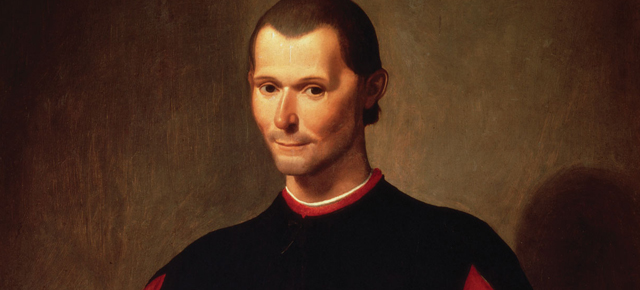Machiavelli and the relativism of value criticism
DOI:
https://doi.org/10.14232/kulonbseg.2012.12.1.29Abstract
Machiavelli’s reception is deeply divided. He has been both criticized as the evil executioner of state interests and celebrated as the representative of genuine Republicanism, the only person with an efficient and humane answer to challenges of historical determinism. These readings would suggest that his work belongs to the area of political philosophy, yet his philosophy cannot be surveyed without considering general aspects of value and the metaphysics of history. Machiavelli critiques the idea of objective value without a historical context: he basically maintains that the ontology of values is historical and that history has ontological relevance. He practically starts out with a project in ideology criticism, and this lays the foundation of his model of the historical event as a rhetorical space in which virtue (virtừ) manifests itself. His model of the historical event not only discredits any given theory of value but also projects a possibility of agency and innovation in history against historical determinism. In his model historical contents appear as elements of a rhetorical debate for keeping or acquiring power. Of course, throughout his work there is always a danger for regressing into an ahistorical model or axiology of history.
The paper claims that the accusation of “Machiavellian immorality” cannot be validated according to its vulgar sense but is rather the characteristic of a moral criticism that would like to secure the preconditions of history. The paper reads The Prince not as a reference letter to monarchic power but rather as a systematization of history. It is not a series of loosely linked historical event and anecdotes but a rhetorical analysis of the formal structures of history. In this sense, The Prince can be compared to Nietzsche’s debated ideas on value and history.






